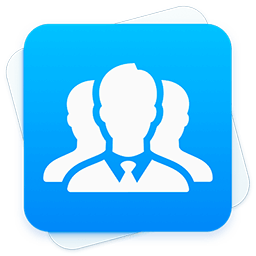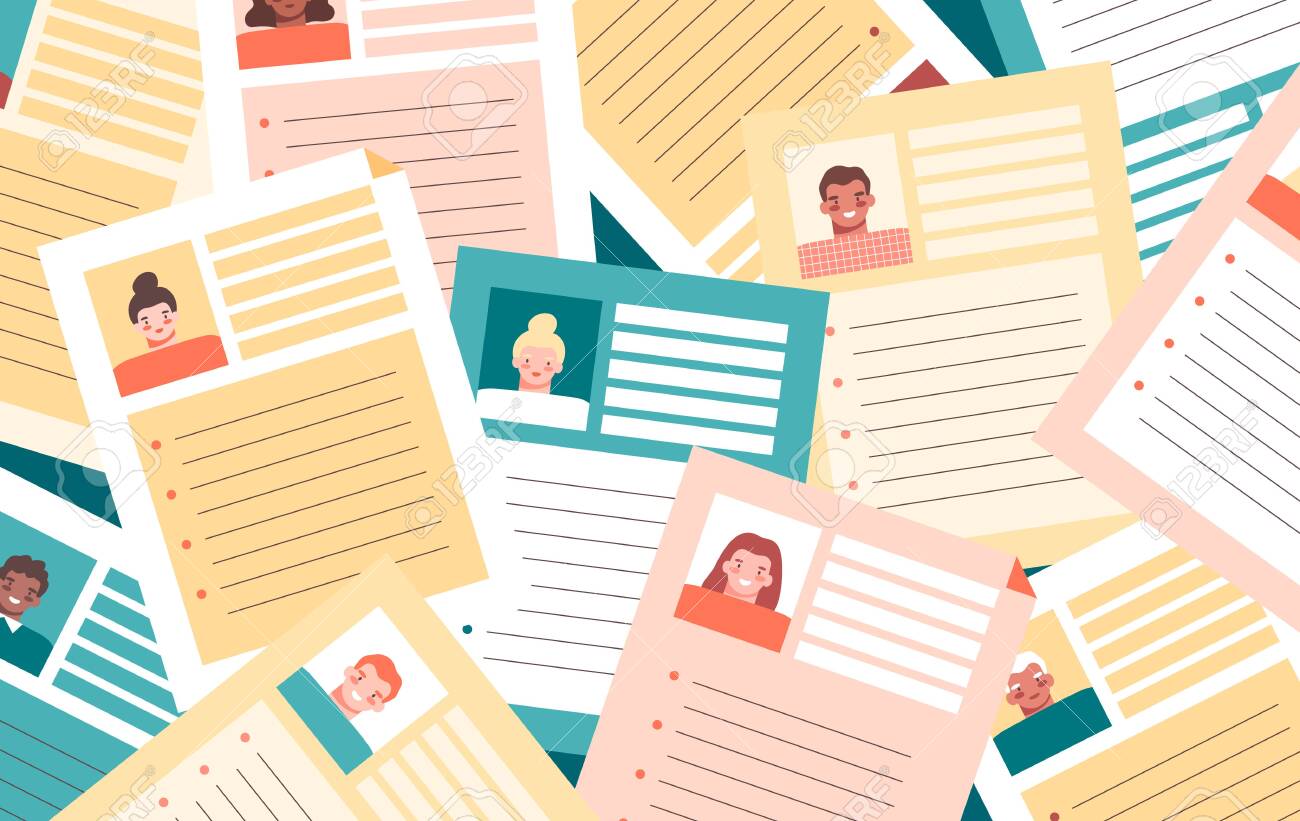In a world where careers are rarely linear and job markets evolve faster than ever, the ability to highlight transferable skills has become one of the most valuable professional tools. Whether you’re switching industries, re-entering the workforce, or simply updating your resume for new opportunities, your success depends not only on what you’ve done—but on how you present it.
This essay explores what transferable skills are, why they matter across fields, how to identify and communicate them effectively, and how to tailor your resume so employers in completely different industries recognize your potential.
Understanding Transferable Skills
Transferable skills are abilities and qualities that can be applied in multiple roles, environments, or industries. They are not tied to a single job description or technical field but instead reflect universal competencies—like problem-solving, teamwork, communication, adaptability, and leadership.
For example:
-
A teacher moving into corporate training carries strong presentation, communication, and organizational skills.
-
A journalist transitioning to marketing brings research, storytelling, and editing expertise.
-
A software engineer who shifts into project management leverages analytical thinking and technical planning.
Transferable skills are the bridge between your past experiences and your future goals. They reassure employers that—even if your previous job title doesn’t perfectly match their opening—you possess the core abilities to thrive in new contexts.
These skills are often grouped into several categories:
| Category | Example Skills | Typical Contexts Where They Apply |
|---|---|---|
| Communication | Writing, public speaking, active listening | Sales, marketing, education, management |
| Leadership & Management | Delegation, mentoring, decision-making | Project management, team leadership |
| Problem-Solving & Critical Thinking | Analysis, troubleshooting, innovation | Engineering, consulting, policy work |
| Organization & Planning | Time management, prioritization | Administration, event planning, operations |
| Technical Literacy | Software proficiency, data analysis | IT, research, finance, education |
| Adaptability & Learning | Flexibility, openness to change | Startups, tech sectors, international work |
| Interpersonal & Emotional Intelligence | Collaboration, empathy, conflict resolution | HR, healthcare, customer service |
The challenge lies in translating these abilities into the language of a new industry—and making them stand out on your resume.
Reframing Your Experience: From Tasks to Skills
When people update their resumes, they often make the mistake of listing job duties instead of demonstrating transferable skills. The difference is subtle but crucial.
Compare these two examples:
❌ “Managed social media accounts for a nonprofit.”
✅ “Developed content strategy and analytical tracking for nonprofit campaigns, increasing community engagement by 40%.”
The second statement demonstrates communication, planning, and analytical skills—qualities relevant not only to nonprofits but also to marketing, corporate communication, or even product management.
The key is to reframe your achievements in terms of skills that appeal across industries. You’re not simply showing what you did—you’re showing what you can do elsewhere.
Here are a few strategies for identifying and expressing transferable skills:
-
Look Beyond Job Titles.
Focus on your daily tasks, challenges, and projects. Ask yourself: “What did I learn from this experience that could be useful in another setting?” -
Analyze Job Descriptions in Other Fields.
Find common keywords and recurring phrases. Many industries value similar soft skills under different labels. -
Quantify When Possible.
Numbers speak louder than adjectives. Instead of saying “good communicator,” say “presented weekly reports to teams of 15+ members, improving cross-department collaboration.” -
Use Universal Action Verbs.
Words like coordinated, analyzed, developed, implemented, and negotiated transcend industries and resonate with hiring managers. -
Highlight Continuous Learning.
Employers value people who adapt. Mention certifications, online courses, or cross-functional projects that demonstrate flexibility and curiosity.
Tailoring Your Resume for a Career Change
A common misconception is that transferable skills “speak for themselves.” In reality, employers often need help seeing the connection—you must guide them.
If you’re moving between fields (say, from education to tech, or from finance to nonprofit management), your resume should tell a coherent story of growth and adaptability. The trick is to build a skills-focused narrative rather than a strictly chronological one.
Step 1: Start With a Summary That Bridges Your Background
Write a short paragraph that clearly articulates your professional identity and future direction.
Example:
“Former educator with 8+ years of experience in training, communication, and curriculum design. Passionate about applying instructional expertise to corporate learning and talent development.”
This signals to employers: I have relevant skills, even if my experience looks different.
Step 2: Group Skills by Function, Not Job Title
Instead of listing every past job in traditional format, use sections like “Relevant Skills and Achievements” or “Cross-Industry Competencies.”
Example:
-
Communication & Writing: Developed presentations for executives and published internal newsletters.
-
Project Management: Coordinated logistics for multi-department initiatives, ensuring on-time delivery.
-
Data Literacy: Used Excel and Tableau to visualize survey results and inform strategic planning.
Step 3: Leverage the Cover Letter
Your resume shows what you’ve done. Your cover letter explains why it matters.
Here, you can directly address your transition: “While my background is in journalism, the skills I’ve developed—research, clarity of communication, and attention to detail—align closely with content marketing and brand storytelling.”
Step 4: Use Keywords from the New Field
Every industry has its language. Incorporate relevant terminology from job descriptions—without exaggeration—to help your resume pass automated screening systems (ATS).
Examples of Transferable Skills Across Industries
Let’s explore how skills from one field can translate into another.
| Previous Field | Transferable Skills | New Industry | How They Translate |
|---|---|---|---|
| Education | Communication, mentoring, organization | Corporate Training | Creating learning materials, leading workshops |
| Journalism | Research, interviewing, storytelling | Marketing / PR | Crafting brand narratives, managing media relations |
| Engineering | Problem-solving, project management, data analysis | Business Consulting | Analyzing systems, optimizing workflows |
| Customer Service | Empathy, conflict resolution, multitasking | Human Resources | Handling employee relations, onboarding |
| Finance | Analytical thinking, budgeting, attention to detail | Operations / Strategy | Managing resources, improving efficiency |
| Healthcare | Teamwork, decision-making, crisis management | Project Management | Coordinating complex projects under pressure |
| Art & Design | Creativity, visual communication, digital tools | UX / Product Design | Creating user-focused experiences |
These examples illustrate that skills don’t belong to industries—they belong to people. Employers increasingly seek versatile professionals who bring diverse perspectives to their teams.
Hidden Advantages and Challenges
Highlighting transferable skills comes with both opportunities and pitfalls. Let’s take a balanced look.
| Advantages | Challenges |
|---|---|
| You can pivot careers without starting from zero. | Employers may not immediately recognize relevance unless you explain it clearly. |
| Broad skills demonstrate adaptability and resilience. | Too general a resume can appear unfocused or vague. |
| Cross-field experiences foster innovation and creativity. | Some recruiters still prioritize direct experience. |
| Emphasizing learning agility prepares you for future job shifts. | Translating technical jargon between industries can be tricky. |
Common Mistakes to Avoid
-
Listing Skills Without Evidence.
Employers want examples, not buzzwords. Always support a skill with a brief context or result. -
Neglecting the Visual Flow of the Resume.
Cluttered designs or inconsistent formatting distract from your message. Keep it clean and structured. -
Overlooking Industry Language.
Saying “taught students” might not resonate with a hiring manager in tech—but “facilitated onboarding and user education” will. -
Being Afraid to Simplify.
It’s okay to drop jargon specific to your old field. Focus on universal actions: leading, designing, improving, creating.
The Growing Importance of Transferable Skills in the Modern Workforce
As automation and AI reshape industries, employers are prioritizing human skills that machines cannot replicate easily: creativity, empathy, leadership, communication, and adaptability.
According to LinkedIn’s 2025 Workplace Learning Report, 92% of talent professionals and hiring managers agree that soft skills matter as much as—or more than—technical skills. This means transferable skills are not just a backup plan for career changers; they are the foundation of employability in a volatile economy.
Even major corporations like Google, IBM, and Deloitte emphasize skills-based hiring—focusing less on degrees and more on proven competencies. As such, learning how to identify and showcase transferable skills is no longer optional—it’s essential for career growth.
Making Transferable Skills Shine: Practical Resume Example
| Resume Section | Before | After |
|---|---|---|
| Experience | “Worked as an English teacher.” | “Designed and led interactive lessons for 100+ students, improving engagement by 30%.” |
| Skills | “Good communicator, adaptable.” | “Developed and delivered complex information to diverse audiences; implemented adaptive learning strategies.” |
| Objective | “Seeking new opportunities.” | “Seeking to leverage strong communication, organization, and digital literacy skills to transition into corporate learning and development.” |
This transformation shows how to move from task-oriented phrasing to skills-oriented storytelling—making your resume not just a record of employment, but a bridge to new possibilities.
Conclusion: Your Experience Is More Valuable Than You Think
Your career path may look unconventional, but your skills are your constant companions—and when highlighted effectively, they open doors across industries. In the modern job market, adaptability and cross-functional understanding are what set candidates apart.
Every role you’ve ever held—whether managing a classroom, editing a blog, coding an app, or handling customer complaints—has given you skills that translate far beyond the walls of your previous office. The key is to recognize, articulate, and position them strategically.
Remember: your resume isn’t just a summary of jobs. It’s a story about how you think, how you learn, and how you solve problems—traits that matter in every industry. So the next time you apply for a job that feels “outside your field,” don’t underestimate your experience. Chances are, you already have exactly what they need.

